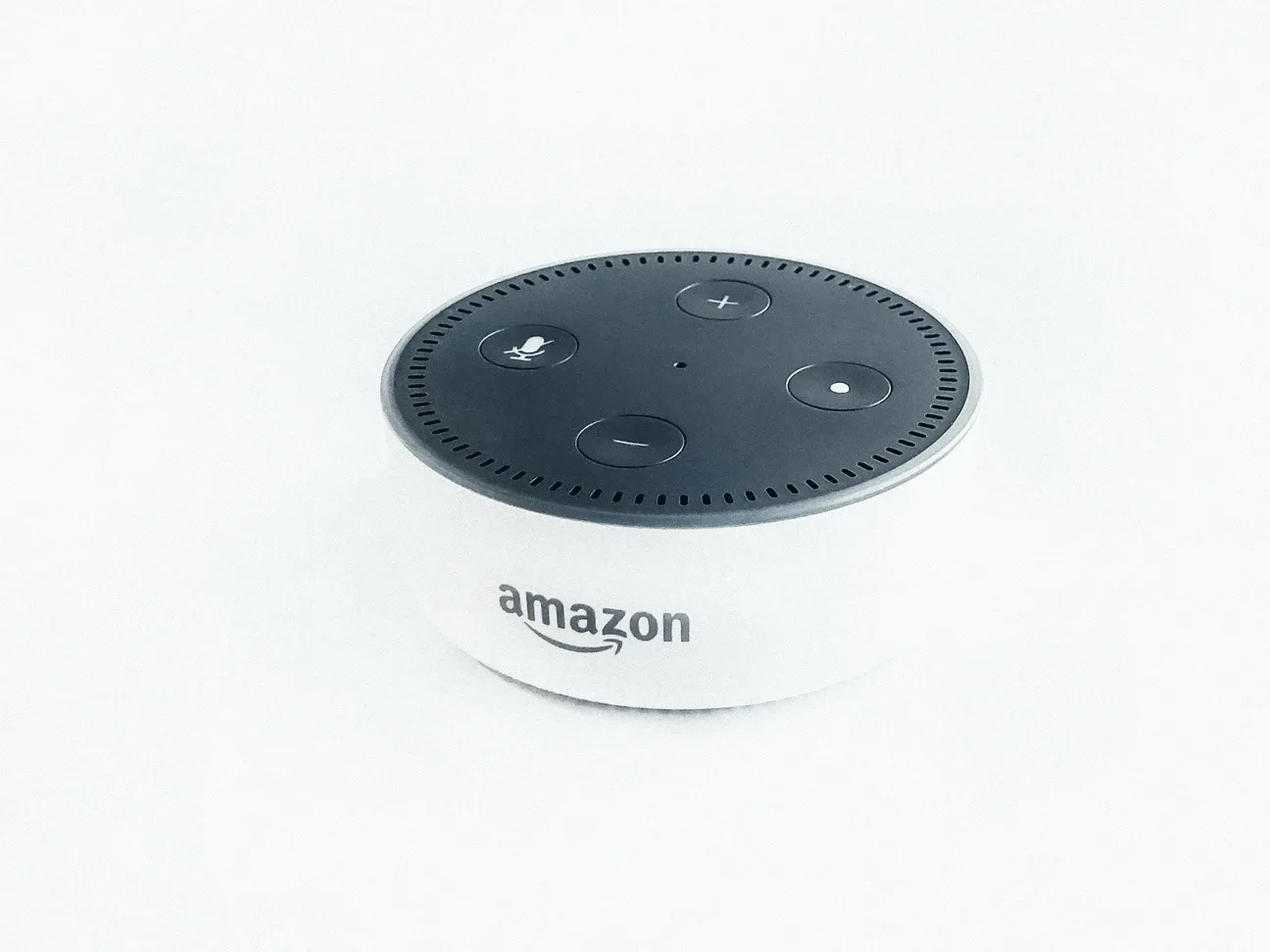When it comes to choosing a smart speaker, the debate of Alexa vs. Google Assistant is one of the most popular conversations in smart home technology. Both platforms offer powerful features, broad compatibility, and unique strengths, but which smart speaker wins in your specific use case? This comprehensive comparison answers the question: "Which smart speaker is best for me?" This guide breaks down the key differences between Alexa and Google Assistant to help you determine which smart speaker wins your vote and make an informed decision.
Alexa vs. Google Assistant: Key Features and Differences
Understanding the core capabilities of Alexa and Google Assistant is essential when comparing these two smart assistants.
1. Voice Recognition and Intelligence
In the Alexa vs. Google Assistant battle, voice recognition and response quality are crucial. Alexa powers a wide range of Echo devices and supports over 100,000 skills, enabling diverse functionalities. Alexa responds quickly and accurately to commands, making it a versatile choice.
Google Assistant excels in natural language processing, leveraging Google's search engine to answer complex questions with more conversational and context-aware replies. For users who prioritize detailed queries and fluid conversations, Google Assistant often has the upper hand.
2. Smart Home Compatibility
Smart home integration is a major factor in the Alexa vs. Google Assistant comparison.
- Alexa seamlessly connects with Amazon’s ecosystem, including Fire TV and Ring security products, and supports a vast range of smart devices like lights and thermostats. Its compatibility with more smart devices overall gives Alexa an edge.
- Google Assistant integrates deeply with Google Home products such as Nest Thermostat and Chromecast. If you’re invested in Google services and devices, Google Assistant offers a smooth, unified experience.
Both assistants support major brands like Philips Hue and Samsung SmartThings, but Alexa has a slight advantage in device variety.
3. Music and Media Streaming
Media control is a key use case in the Alexa vs. Google Assistant showdown.
- Alexa supports Amazon Music, Spotify, Apple Music, and more, plus it can act as a speaker for Fire TV.
- Google Assistant shines with YouTube Music, Spotify, and Google Play Music, especially when paired with Chromecast for TV streaming.
While both offer multi-room audio and popular streaming services, Alexa edges out slightly for users who want broader music platform options.
4. Communication Features
When comparing Alexa vs. Google Assistant for communication:
- Alexa enables free calls to phone numbers in the U.S., Canada, and Mexico, along with a handy drop-in feature for instant Echo-to-Echo connections.
- Google Assistant supports video calls via Google Duo, especially useful with devices like Nest Hub Max.
5. Privacy and Data Control
Privacy is a key concern in the Alexa vs. Google Assistant discussion.
- Alexa allows users to review and delete voice recordings and set auto-deletion schedules, though Amazon has faced some privacy scrutiny.
- Google Assistant offers transparent data controls and easy deletion of voice commands through the Google Home app.
Both platforms provide privacy settings, but users should review each company’s policies to choose what fits best.
User Experience: Alexa vs. Google Assistant Interface
The user interface plays a big role in the Alexa vs. Google Assistant experience.
- Alexa’s app is straightforward and command-driven, ideal for users who prefer issuing specific instructions.
- Google Assistant supports natural, contextual conversations, allowing follow-up questions without repeating context, making it feel more conversational and intuitive.
Pricing and Device Selection
Price and device variety are important in the Alexa vs. Google Assistant comparison.
- Alexa offers a range of devices from the budget-friendly Echo Dot to premium Echo Studio, often with attractive discounts during sales events like Prime Day.
- Google Assistant devices include the Nest Mini, Nest Audio, and Nest Hub, which integrate tightly with Google services but may be priced slightly higher.
Alexa generally offers more pricing flexibility and deals.
Pros and Cons of Alexa vs. Google Assistant
Alexa Pros:
- Supports more smart home devices
- Extensive skill library
- Ideal for Amazon Prime users
- Free calling to phone numbers
Alexa Cons:
- Less natural conversational ability
- Some privacy concerns
Google Assistant Pros:
- Excellent at complex, contextual queries
- Smooth integration with Google services
- Natural, conversational interface
Google Assistant Cons:
- Fewer device integrations
- Limited calling features compared to Alexa
Conclusion: Alexa vs. Google Assistant - Which One Should You Choose?
The Alexa vs. Google Assistant choice ultimately depends on your ecosystem preference and your specific needs for how you plan to use your smart speaker. If you’re deeply embedded in Amazon’s world with Prime, Fire TV, or Ring, Alexa’s broad device support and skills make it a strong candidate. Conversely, if you rely on Google services and want a conversational assistant that understands context naturally, Google Assistant is likely your best fit.
Both Alexa and Google Assistant are impressive smart assistants, and understanding their strengths in this Alexa vs. Google Assistant comparison will help you pick the perfect smart speaker for your home.
